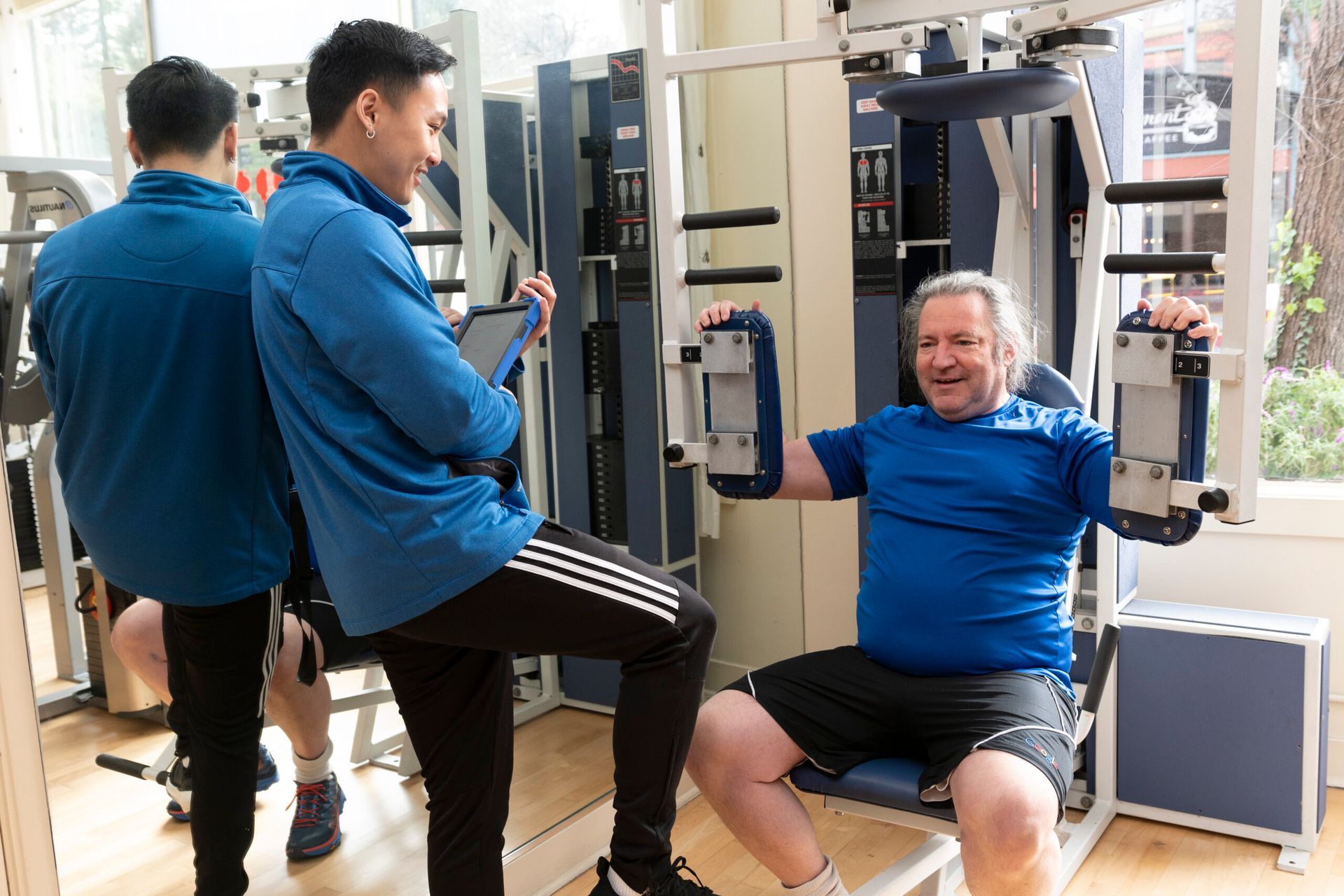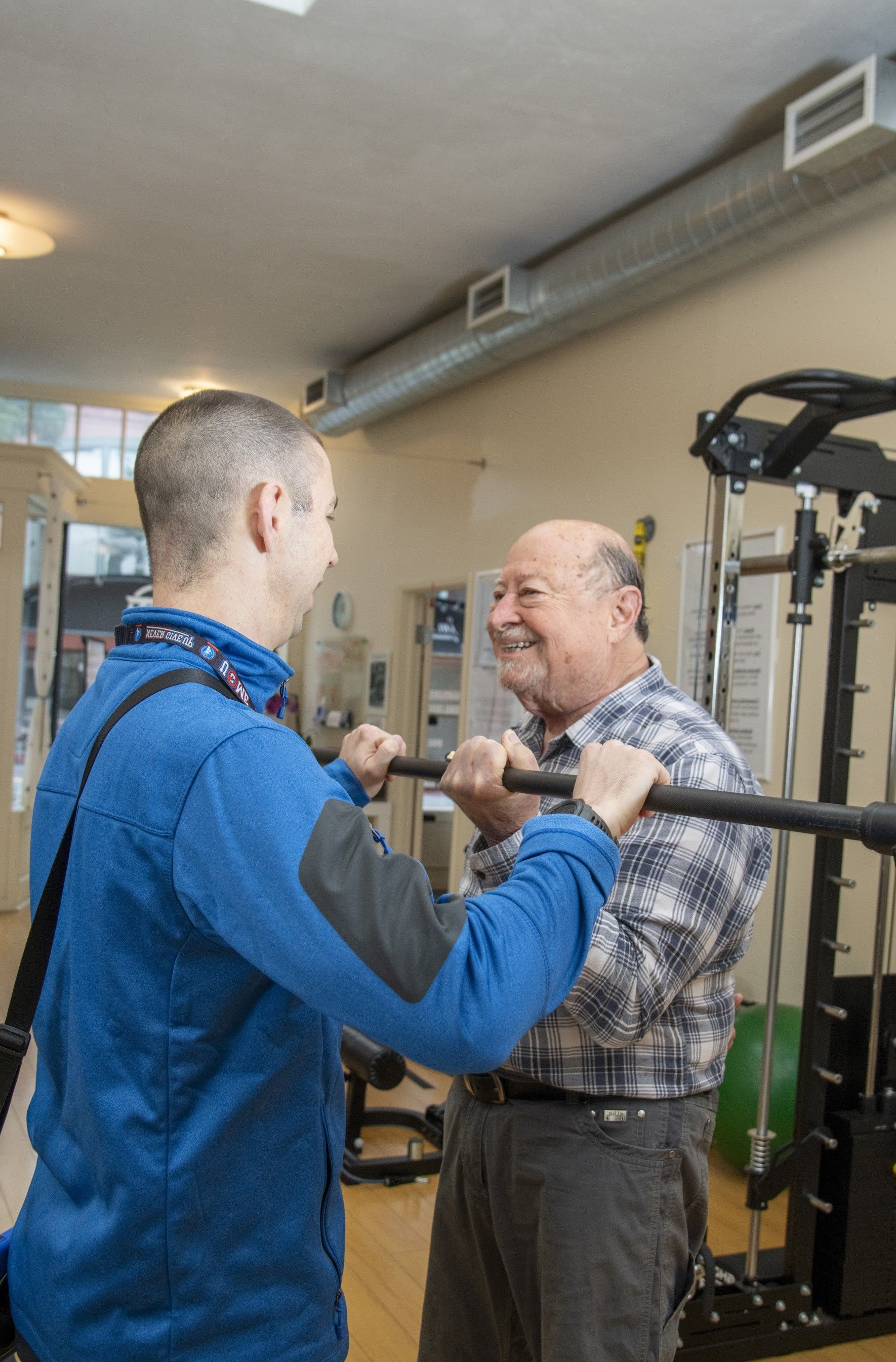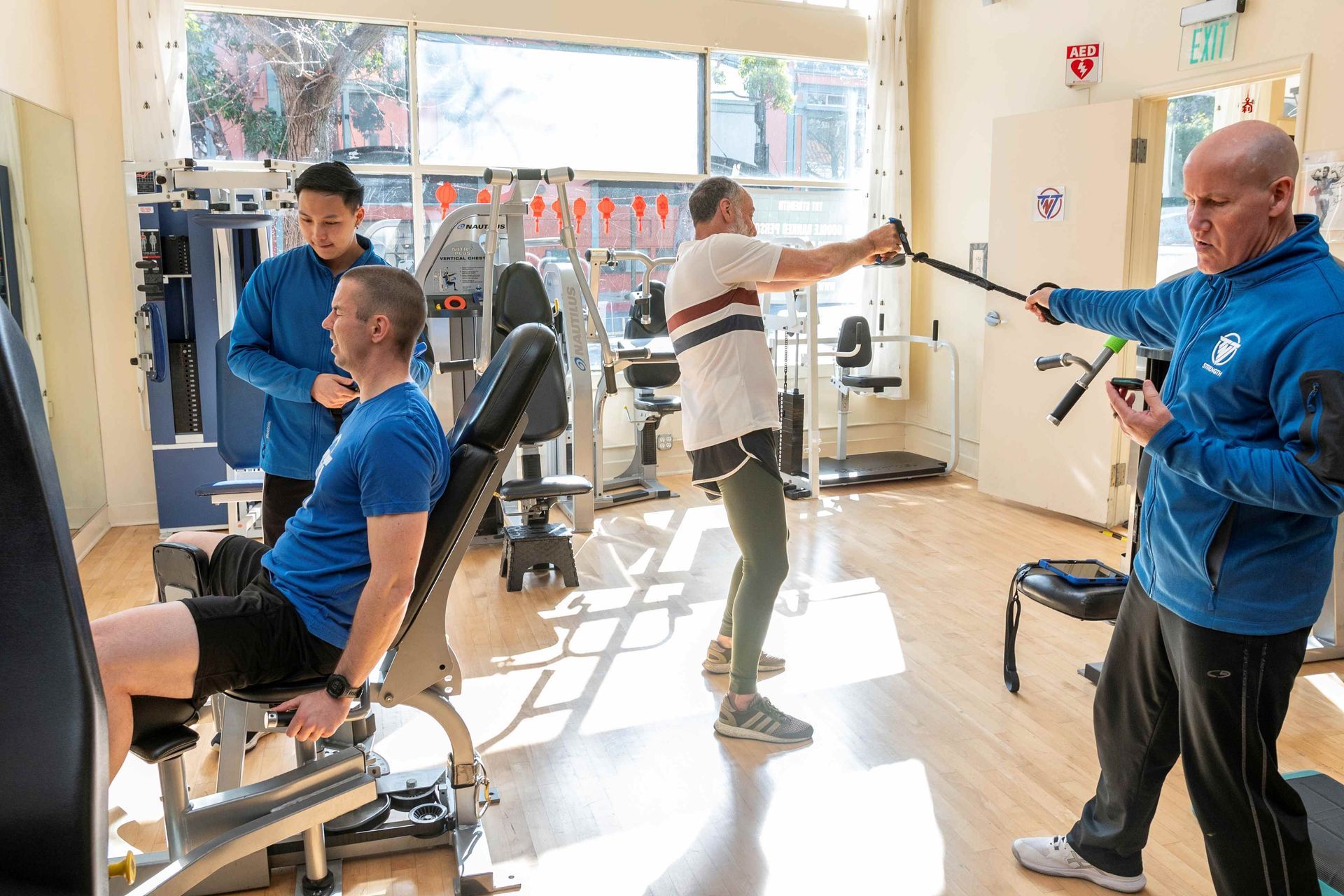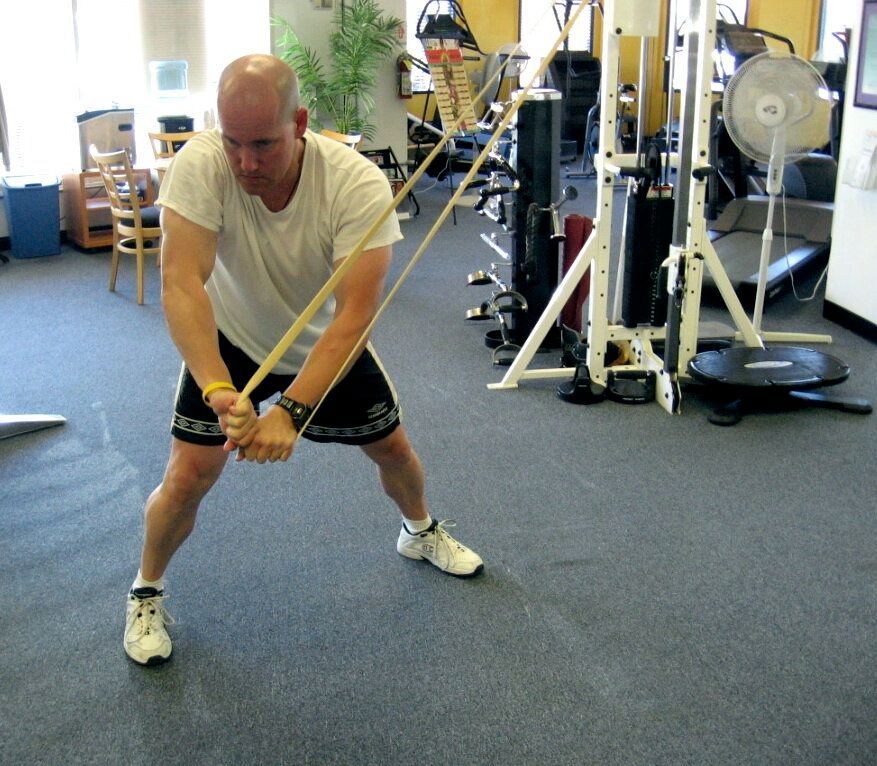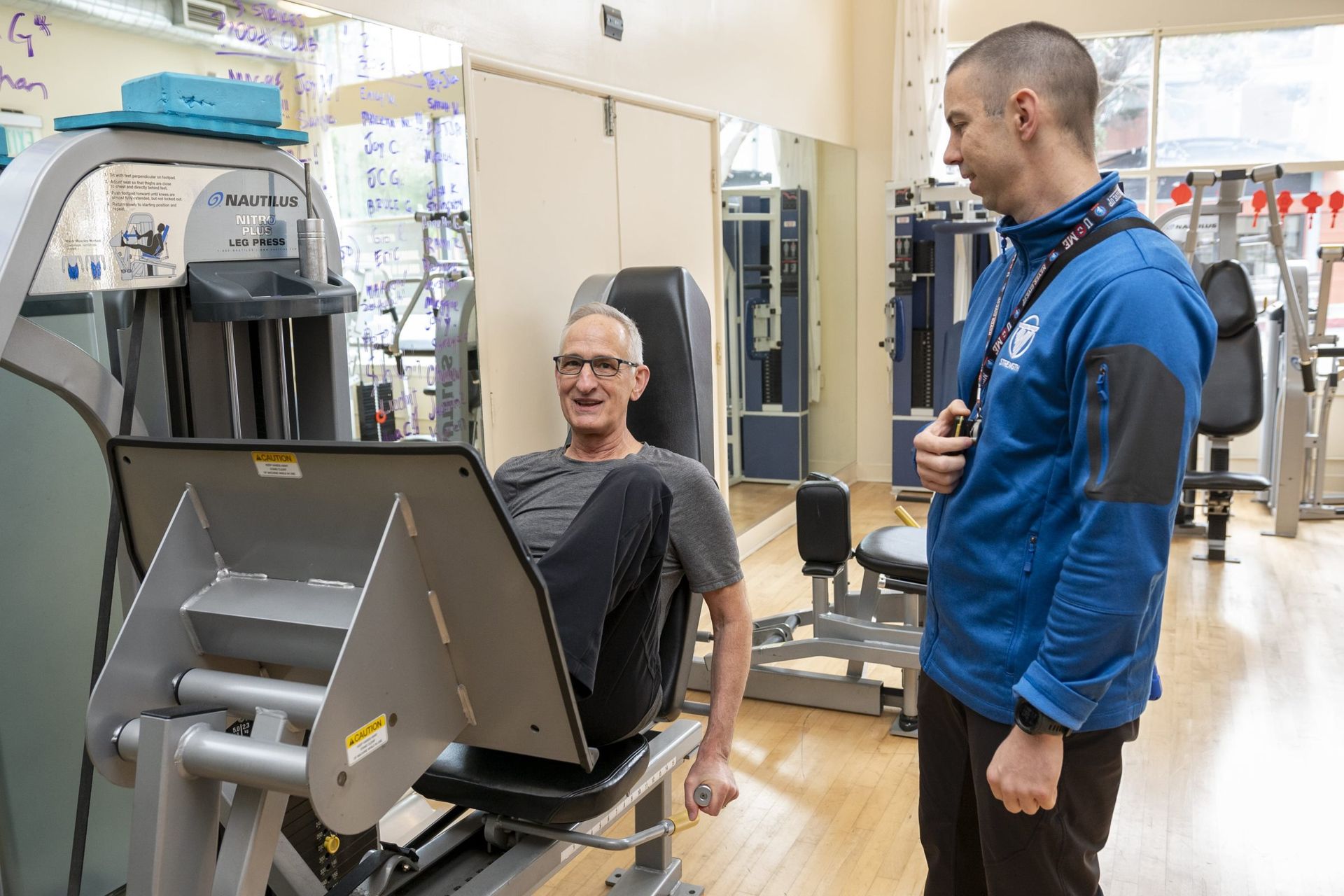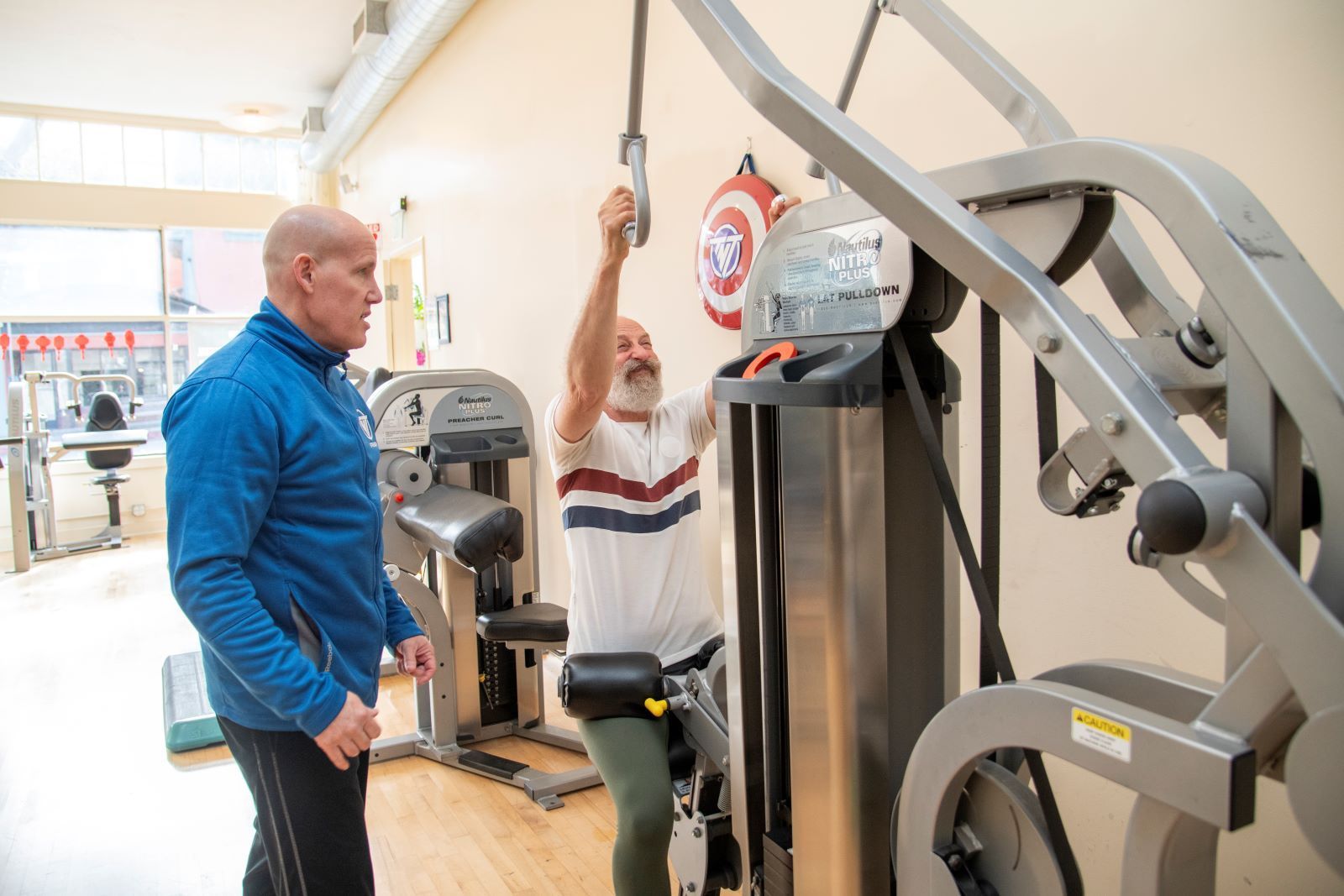Secrets to Performance Enhancement: (Part Two)

In our first installment we talked about the importance of rest and recovery and how just getting a little more sleep can go a long way to improving our success in achieving both our athletic and aesthetic goals. In Part Two we continue our series and bring to you information on one of natures key nutrients, WATER.
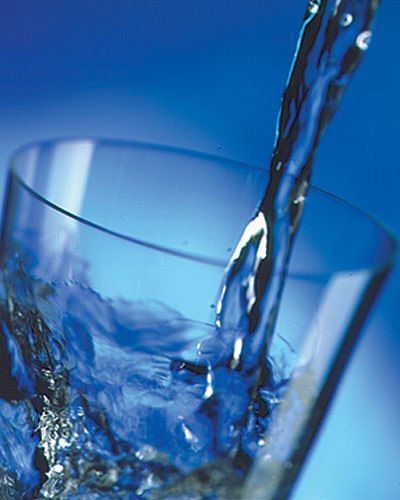
For athletes and regular exercisers maintaining a constant state of hydration is essential to performance as dehydration leads to muscle fatigue and loss of coordination. Being dehydrated by as little as 2% can cause endurance to drop by up to 7% and can decrease power output as well as cognitive ability. According to a recent study dehydrated exercisers worked out almost 25% less than those who drank water before and during workouts.
Health care professionals such as Nancy Clark, MS, RD recommend that physically active people should drink more than the standard eight glasses per day. Water is the most important nutrient in the body and makes up 70 percent of muscles and 75 percent of the brain. Oxygen is the only thing the body craves more than water.
Water plays an essential role in eliminating toxins and waste products, regulates body temperature, and helps to maintain proper muscle tone–all extremely important functions to Athletes / fitness enthusiasts. For proper hydration, Clark suggests about 3-4 quarts of water per day, which will assist you in reaching your Athletic / fitness goals.
HOW MUCH WATER IS REQUIRED:
There isn’t a “recommended daily allowance (RDA)” for daily water intake. Part of the reason is the difference in physical activity, age, present physical condition, living in a hot or dry climate, and diuretic medications all contribute to fluid loss and a greater need for water. In addition, a diet rich in fiber, high in protein, or taking a supplement such as creatine** requires an increase in water consumption. It’s estimated that healthy adults require at least eight to ten cups of water each day. The following formula will provide you with a more precise amount of water necessary for your daily needs.
The formula is .5 times your weight in pounds to get the number of ounces divided by 8 to get the number of glasses. Example: 115 lbs x .5 = 57.5 ounces. 57.5 divided by 8 equals 7.2 glasses. Often, we replace fluids by consuming beverages such as milk, fruit juices, coffee, tea, and sodas. Our bodies will extract the water from these sources through digestion and metabolism.
DEHYDRATION
Dehydration can be defined as the loss of water and essential body salts (electrolytes) that are needed for normal body functioning. Water makes up about 60 percent of a man’s weight and 50 percent of a woman’s weight. This proportion has to be kept within a narrow limit to attain a proper balance in the cells and body tissue. In a dehydrated state the body is unable to cool itself, leading to heat exhaustion and possibly heat stroke. Without an adequate supply of water the body will lack energy and muscles may develop cramps.
Usually, by the time action is taken, dehydration has already set in and damage may have occurred. Physical signs can range from fatigue, loss of appetite, heat intolerance, and low quantities of dark yellow urine. Severe dehydration can cause muscle spasms, high body-core temperatures, and complete exhaustion. According to Dr. James A. Peterson the easiest way to determine if you are hydrated is to check the color and quantity of your urine. “If your urine is very dark in color and limited in quantity, you need to consume more fluids.” The best way to counter the possibility for dehydration is to frequently drink plenty of water. It is also of great importance to make sure that you drink the highest quality of water available to you.
For healthy people under normal circumstances, thirst is a reliable mechanism to indicate the body’s need for more fluid. “However, your thirst doesn’t tell you exactly what to drink. It just tells you that you’re thirsty,” says Kenneth G. Berge, M.D., associate medical editor of Mayo Health Oasis. “Of course, billions of dollars are made by persuading you to reach for a soft drink or something like that, when really the best choice usually is water.”
You may have heard that you need at least eight glasses of water per day. This quantity won’t hurt a healthy adult. But Dr. Berge says such one-size-fits-all answer fails to tell the whole story about the body’s necessary balance of fluid intake and loss. Humans normally lose about 10 cups (2.4 liters) of fluid a day in sweat, urine, exhaled air and bowel movements. What is lost must be replaced to maintain a fluid balance. Dehydration poses a particular health risk for the very young and the very old.
Caffeinated and alcoholic beverages are actually dehydrating because they increase urine output, so don’t count these as fluid replacements.
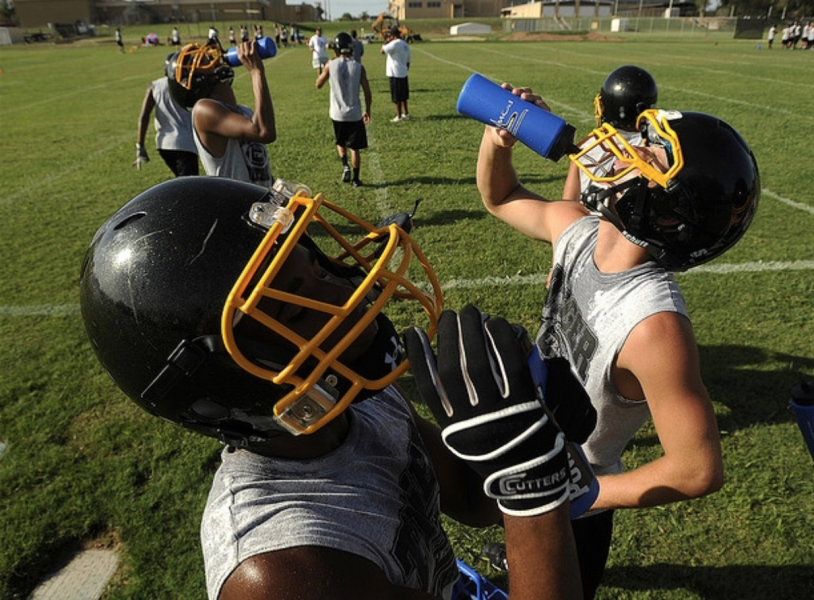
Ten Tips for Proper Hydration
-
Drink at least eight to ten 8-ounce servings of water each day. The more active you are, the more water you need to replenish lost fluids.
-
Don’t wait until you’re thirsty to drink water. By the time you feel thirsty, you have probably already lost two or more cups of your total body water composition.
-
Drink plenty of water throughout the day. Convenience is a must, so carry a bottle of water with you as you commute to work, run errands or enjoy a day at the beach. While at work, keep a bottle of water on your desk, or visit the office water cooler and take a water break rather than a coffee break.
-
Don’t substitute beverages with alcohol or caffeine for water. Caffeine and alcohol act as diuretic beverages and can cause you to lose water through increased urination.
-
Once you start exercising, drink water throughout your workout. Keep a bottle of water with you and take frequent water breaks.
-
Don’t underestimate the amount of fluids lost from perspiration. Following a workout, you need to drink two cups of water for each pound lost.
-
Start and end your day with water. Your body loses water while you sleep, so drink a serving before bed and again when you wake up.
-
Common colds and the flu frequently lead to dehydration. Keep a large bottle of water next to your bed so you can sip it throughout the day without having to get up.
-
Cool water – not carbonated beverages or sports drinks – is the best fluid for keeping hydrated when it’s warm outside. Cool water is absorbed much more quickly than warm fluids and may help to cool off your overheated body. If you’re going to be away from home or outdoors, make sure you keep a bottle of water close by.
-
Make sure your children drink enough water. Children need water to balance their intake of other beverages – especially during activities. Packing bottled water in a child’s lunch instead of juice or regular soda can also help prevent childhood obesity.
TAKU
TAKU’s NOTE: The above information was compiled from the following sources:
Proper Hydration: The Key Ingredient To Your Athletic Success
By Rob Wilkins
International Bottled Water Association (IBWA) is the authoritative source of information about all types of bottled waters distributed in the United States.
Experience the TNT Strength difference with a free workout.
START YOUR FITNESS TRANSFORMATION WITH A
FREE WORKOUT
Complete the form and we'll set up an appointment for you.
Recent Articles
